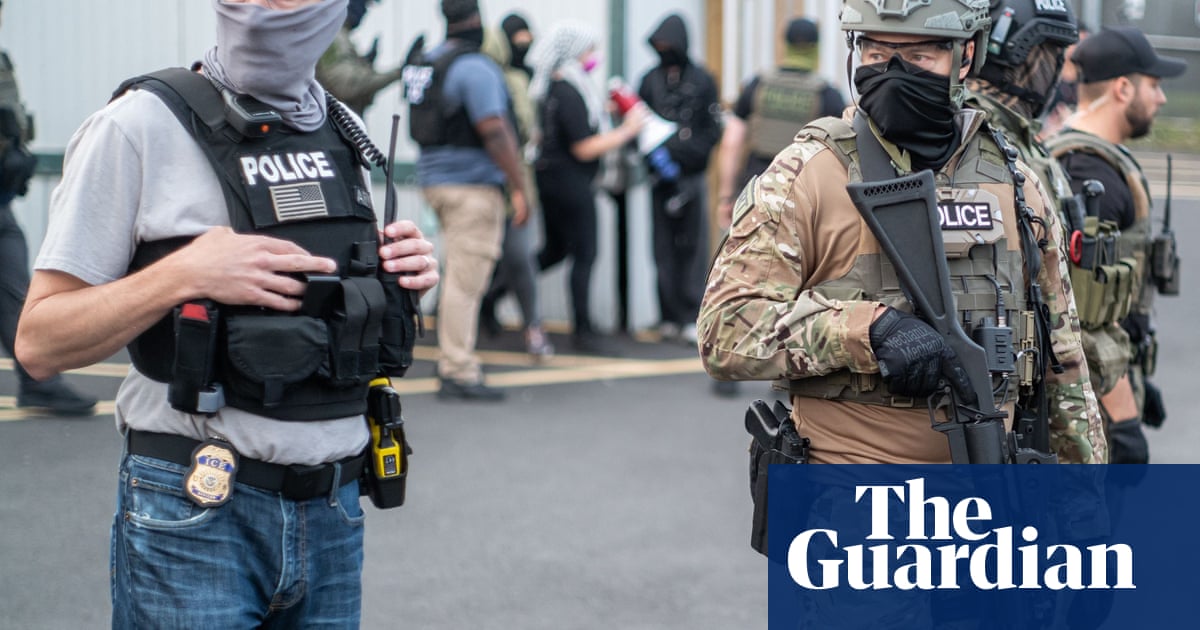If one thing is more challenging to the rule of law than a genuine emergency, it is the invention of a phoney one. Since returning to the White House in January, President Donald Trump has upended global trade and international relations, wiping billions off the stock market in the process, by imposing tariffs that he claims are a necessary response to an emergency. Yet that emergency does not really exist, except in the manner that Mr Trump himself has created it.
The president claimed, on 2 April, that a lack of reciprocity in US overseas trade arrangements was “an unusual and extraordinary threat to the national security and economy of the United States”. He claimed that this justified him in declaring an emergency and governing by executive decree under the 1977 International Emergency Economic Powers Act (IEEPA). Congress, which normally has the responsibility to decide US trade policy, was thus wholly ignored. Statutory consultative arrangements, traditionally an essential preliminary, went out of the window too. Mr Trump was effectively exercising an executive power grab.
Now, after this week’s ruling by a US federal trade court, most of Mr Trump’s tariffs have been blocked. In a case brought by a coalition of businesses and US states, the court of international trade found that most of the tariffs “exceed any authority granted” to the president under the 1977 law. The White House will appeal. Meanwhile, trade talks aimed at creating so-called deals between the US and nation-state victims of the Trump policies are likely to be paused, while existing deals, including that with the UK, may be affected too.
There will be a worldwide sense of relief for as long as it lasts. But the higher courts now face an important political responsibility as well as a judicial one. The ruling has left nations and businesses hanging. Some tariffs will remain, such as those on steel, aluminium and cars. Many others are suspended. Markets hate uncertainty.
The issues at stake are very large. They are immediate, because the ruling suspends many but not all tariffs, and also strategic, because it challenges Mr Trump’s wide-ranging attempts to rule by executive order. Both are extremely important. Global trade and economic recovery, in Britain among many other countries, rest on the outcome. But so does Mr Trump’s strategy, which dates back to his first term, of using IEEPA powers to rule by decree, not merely on trade issues but, for example, in sanctioning officials from the international criminal court.
The good news is that the president’s plans to impose tariffs on almost every country on the planet will now be subjected to something approaching the legal and constitutional scrutiny that they should have had in the first place. The rule of law, thankfully, has struck back, at least for now.
The bad news is that Congress still shows no sign of reining Mr Trump in, as it should. Ironically, the IEEPA was originally a Jimmy Carter-era legislative attempt to boost congressional oversight of presidential emergency powers. Under Mr Trump, that role has been trashed. The worst of all outcomes would be for Congress to now give Mr Trump the powers to which he has laid claim. That is a real danger. The best outcome would be for Congress to give the IEEPA a fresh set of teeth. These would ensure that emergency powers are properly defined and applied, and never again abused by this or any other overmighty president.
-
Do you have an opinion on the issues raised in this article? If you would like to submit a response of up to 300 words by email to be considered for publication in our letters section, please click here.

 German (DE)
German (DE)  English (US)
English (US)  Spanish (ES)
Spanish (ES)  French (FR)
French (FR)  Hindi (IN)
Hindi (IN)  Italian (IT)
Italian (IT)  Russian (RU)
Russian (RU)  4 weeks ago
4 weeks ago
























Comments